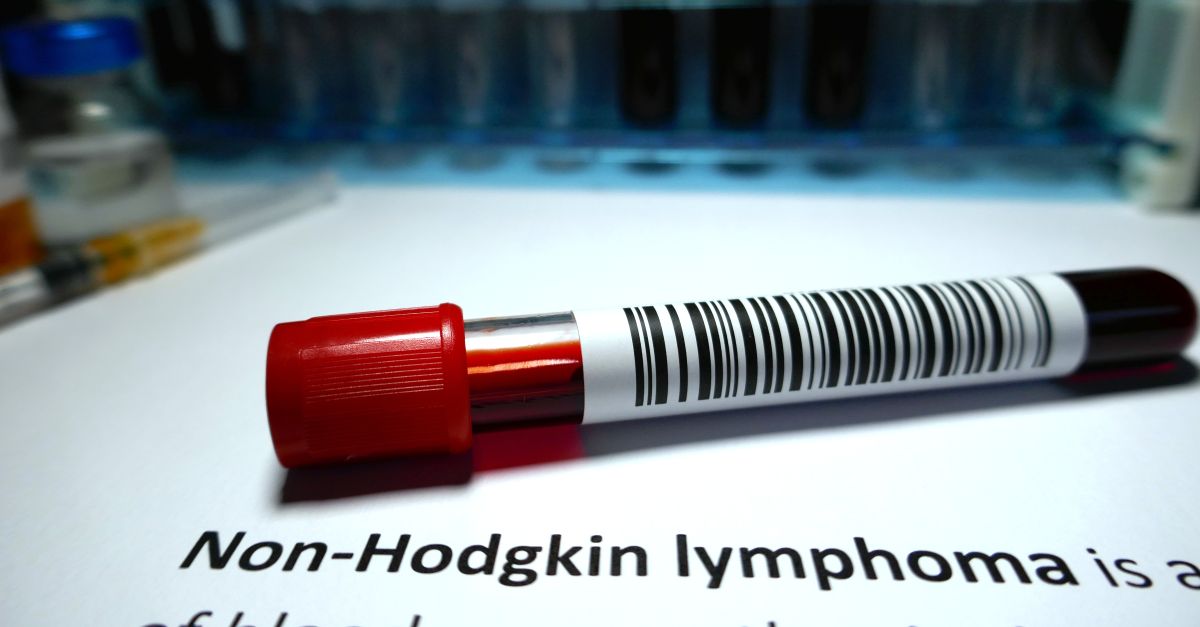In late August, the US Food and Drug Administration (FDA) granted priority review to the Bruton’s tyrosine kinase (BTK) inhibitor zanubrutinib for the treatment of patients with mantle cell lymphoma (MCL) who have received one or more prior lines of therapy. Zanubrutinib had previously been given a Breakthrough Therapy designation for this indication. MCL is an aggressive form of non-Hodgkin lymphoma (NHL) with limited treatment options and poor prognosis. In a phase I/II trial that included 48 patients with newly diagnosed and previously treated MCL, zanubrutinib resulted in an overall response rate (ORR) of 88.9%, including complete response in 26.7% of patients. The median progression-free survival (PFS) was 18.0 months. Similarly, in a phase II trial in 86 patients with previously treated MCL, zanubrutinib resulted in an ORR of 84.7% and a median PFS of 16.7 months. Adverse events (AEs) were manageable and generally of grade 1/2, with hematologic AEs as the most common grade 3/4 events. The FDA is currently reviewing the application for zanubrutinib approval and is expected to make a decision by February 27, 2020.
High Altitude: BTK inhibitors have emerged as a highly effective treatment for patients with B-cell malignancies, including NHL and chronic lymphocytic leukemia. Currently the BTK ibrutinib is a standard of care in these malignancies, providing high response rates and long-term survival. The efficacy of zanubrutinib in patients with MCL is further confirmation that BTK is an ideal therapeutic target for B-cell malignancies. Zanubrutinib was engineered to be a more target-specific BTK inhibitor than ibrutinib, with a goal of reducing off-target effects. The improved efficacy and decreased toxicity seen in these early phase trials suggests that this is the case, and that zanubrutinib may provide an attractive alternative to ibrutinib for some patients. A phase III trial of zanubrutinib in newly diagnosed MCL is ongoing, as are several phase III trials across B-cell malignancies.
Ground Level: MCL is associated with a generally poor prognosis and a median overall survival of only 3 to 4 years. While ibrutinib is an effective treatment option for patients progressing on first-line chemoimmunotherapy, it can be difficult to tolerate, particularly in older or less fit patients. Early data from zanubrutinib clinical trials suggest improved tolerability and good efficacy. Community hematologists will want to be aware of this novel therapy as it nears approval, as it may provide an effective treatment option for their patients.

